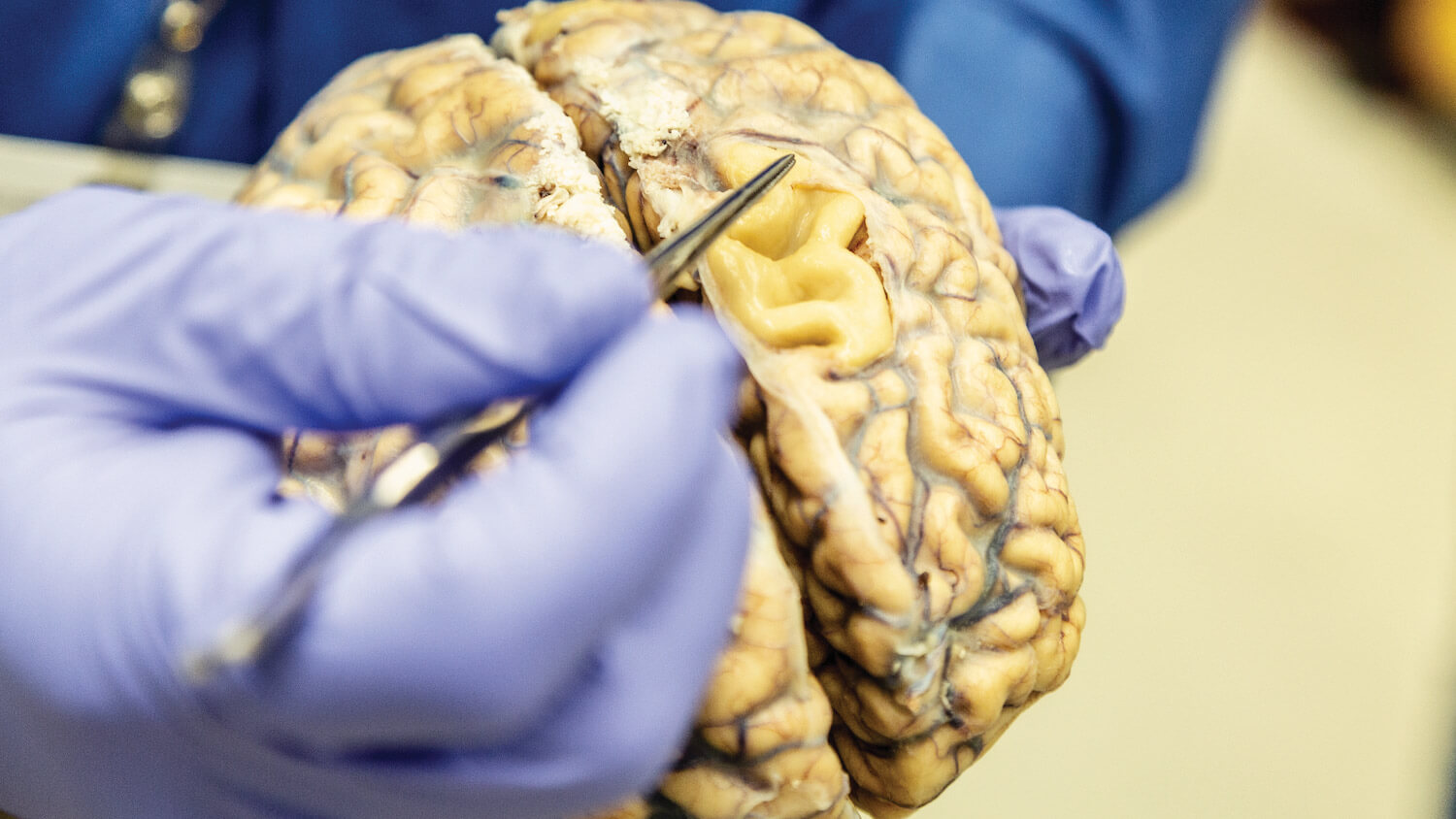Decades of intensive research into Alzheimer’s disease have unveiled intriguing connections between genetics and this debilitating condition. One subset of Alzheimer’s, known as Familial Alzheimer’s Disease (FAD), has been at the forefront of genetic exploration due to its hereditary nature.

Familial Alzheimer’s Disease: Researchers Closing into the Roots of Anomalies in Brain Function (Photo: MANA Medical Institutes)
Amyloid Hypothesis Revisited
In a recent report published by News One, in September 16, 2023, the amyloid hypothesis, formulated in the early 1990s, marked a significant turning point in Familial Alzheimer’s Disease research. This theory attributed Familial Alzheimer’s Disease development to the accumulation of beta-amyloid, a protein known for forming amyloid plaques in the brain. Genetic discoveries added weight to this hypothesis, particularly the identification of three genes, including the amyloid precursor protein gene, which produces the precursor of beta-amyloid.
While initially promising, the amyloid hypothesis faced skepticism over the years, especially as clinical trials targeting amyloid failed to deliver definitive results. It examines the ongoing debate surrounding the role of amyloid in Familial Alzheimer’s Disease and its genetic underpinnings. In recent years, groundbreaking research has shed light on delaying the onset of Familial Alzheimer’s Disease cases. Familial Alzheimer’s Disease, though rare, offers a unique genetic window into the disease. Discoveries such as the Christchurch variant and the protective effects of the reelin gene have ignited optimism within the scientific community.
These findings challenge conventional notions by suggesting that amyloid plaques, while present, might not be the sole driver of cognitive decline. Furthermore, they hint at potential therapeutic avenues for not only familial cases but also the broader Familial Alzheimer’s Disease population. These emphasizes the genetic breakthroughs and their implications for future treatments, emphasizing the importance of multifaceted approaches in the fight against Alzheimer’s.
READ ALSO: Hottest Summer On Record: June-August The Season Of Simmering
Dawn of Amyloid-Targeting Treatments
According to the news reported by NCBI, despite years of skepticism and therapeutic setbacks, the Familial Alzheimer’s Disease landscape has recently seen glimmers of hope. Aducanumab, lecanemab, and donanemab, three treatments designed to remove amyloid plaques and slow cognitive decline, have emerged. These medications, while not without controversy, signify a shift in Alzheimer’s treatment strategies.
The FDA’s approval of aducanumab in 2021 marked a significant milestone, followed by lecanemab’s approval in early 2023. Donanemab awaits further evaluation but holds promise. It explores the implications of these treatments, highlighting the ongoing debates surrounding their effectiveness and the need for diversified therapeutic approaches in the quest to combat Familial Alzheimer’s Disease.
READ ALSO: Brian Christopher Laundrie’s Disturbing Messages About ‘Once In A Lifetime’ Journey To Friend Emerge Shortly After Gabby Petito’s Tragic Death: According To Report
























